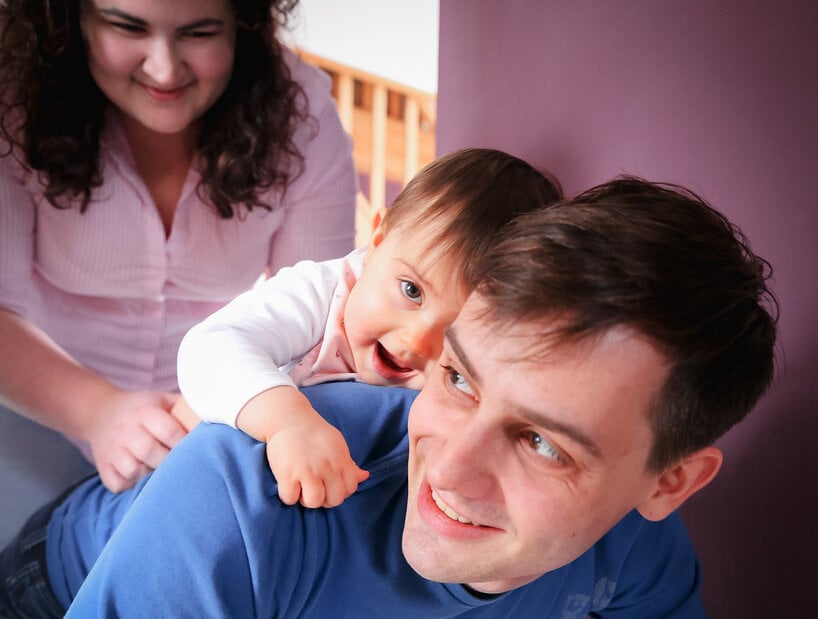The payment to families will arrive in May, according to a draft of the financial aid law, viewed by Handelsblatt newspaper.
“For every child that is entitled to child benefit in May 2021, a one-time payment of €150 will be paid out in May 2021,” the draft law states.
The cost of the Kinderbonus to the federal government will come to roughly €2.1 billion.
Last year parents received a payment of €300 per child in two instalments, as the state tried to kick start consumer spending after the first lockdown.
Families with small and medium incomes are to benefit, as the payment will not be offset against other family or social benefits – but it will be offset against parents who receive tax relief (Kinderfreibetrag).
The grand coalition – made up of Angela Merkel's Christian Democrats, the CDU's Bavarian sister party the Christian Social Union and the Social Democrats – agreed last Wednesday to provide billions in support for families, low-income earners, businesses, plus the hospitality and culture industries.
READ ALSO: Here's how Germany's Kinderbonus boosted economy in pandemic
“We have achieved a lot for families, for people with a difficult income situation, but also for tradespeople and the catering industry,” said SPD co-leader Norbert Walter-Borjans.
The most important thing is for Germany to offer “a bit of help” to people who had come under pressure during the tough shutdown, he added.
READ MORE: How Germany plans to support families and businesses in the pandemic



 Please whitelist us to continue reading.
Please whitelist us to continue reading.
Member comments